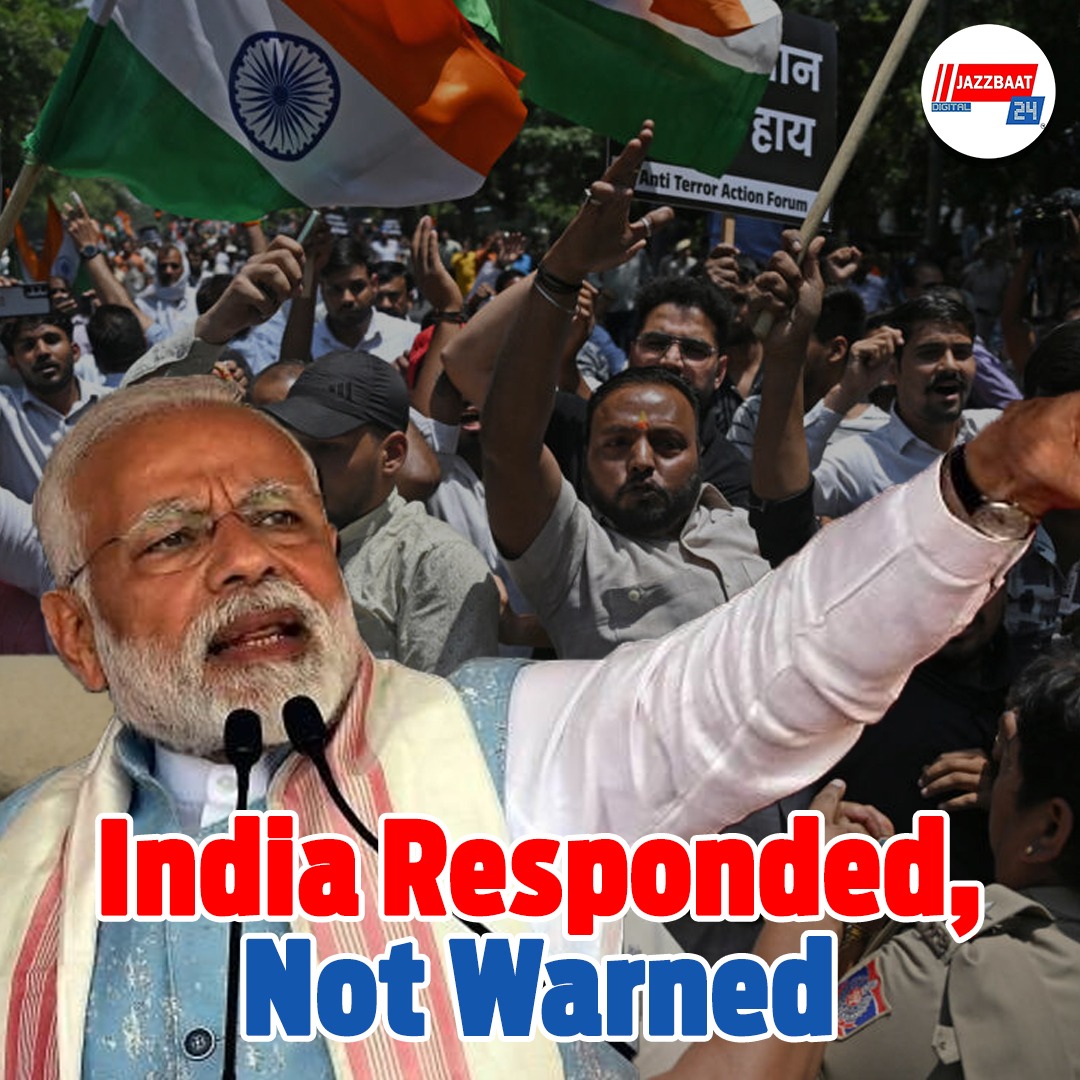
The bloody Pahalgaon, which was blighted by the brutal attack by Pak-trained terrorists, left a deep wound in the consciousness of the entire nation. From that wound emerged a vow of revenge, and that vow became ‘Operation Sindoor’. On that terrible day of April 22, 26 lives were lost one by one, including tourists, newlyweds, and even a lieutenant of the Indian Navy. Their deaths were not only a tragedy, but also a national humiliation. The people, administration, and army of India understood that not responding strongly would not only show weakness, but would also be a sign of greater danger in the future.
It was in this context that ‘Operation Sindoor’ began—a specific and planned military operation, the target of which was Pakistan and terrorist bases in Pakistan-occupied Kashmir. The operation, a joint effort of the Indian Army, Air Force and Navy, destroyed a total of nine targets, several of which were the places where Ajmal Kasab and David Headley had once trained. India clearly demonstrated in this operation that it knows how to not only protest but also resist if necessary.
After the operation, Indian Foreign Secretary Vikram Misri said in clear terms—“Pakistan’s identity is now clear: it is a safe haven for terrorists.” His words conveyed a more severe message—this country has repeatedly tried to evade its responsibility by spreading confusion on the international stage. India had intelligence that new attacks were being planned even after the Pahalgaon attack. But Islamabad took no action, but turned a blind eye. In this situation, silence on the part of India meant putting its own people in danger.
Although the operation was tough, it had an air of restraint. The Indian forces were very careful to ensure that no civilian installations were damaged or innocent people were killed. This was a deterrent—not a response to provocation, but a pledge of self-defense. By striking the heart of the terrorist network without touching Pakistani military installations, India sent a new message that day—being silent is no longer an option.
In the context of this operation, there was also a reaction from the international community. China, a long-time ally of Pakistan, on the one hand, has taken a stand against terrorism, while on the other hand, it has appealed to both sides to show restraint. Although there is a hint of a double message in China's statement, it has called India's operation "sad". On the other hand, Pakistan has threatened retaliation and said—it will respond at the appropriate time and place. Military activity has already been increased in the country's airspace, and a high alert has been issued.
After this bold move by India, air traffic in the airspace of northern India was disrupted for some time. Various airports including Delhi, Srinagar, Leh, Dharamsala, Amritsar, Jammu were temporarily closed. This temporary discomfort, however, is a source of reassurance for the people of the country—because they see that the government and the army are determined to ensure the safety of the people.
‘Operation Sindoor’ is not just a military response. It is a political and diplomatic message—that India will no longer sit around condemning ‘the victim of terror’. Rather, if necessary, it will be able to deliver a specific response on the enemy’s soil. It is a reflection of a national commitment—where grief becomes strength, and heroism emerges from pain.